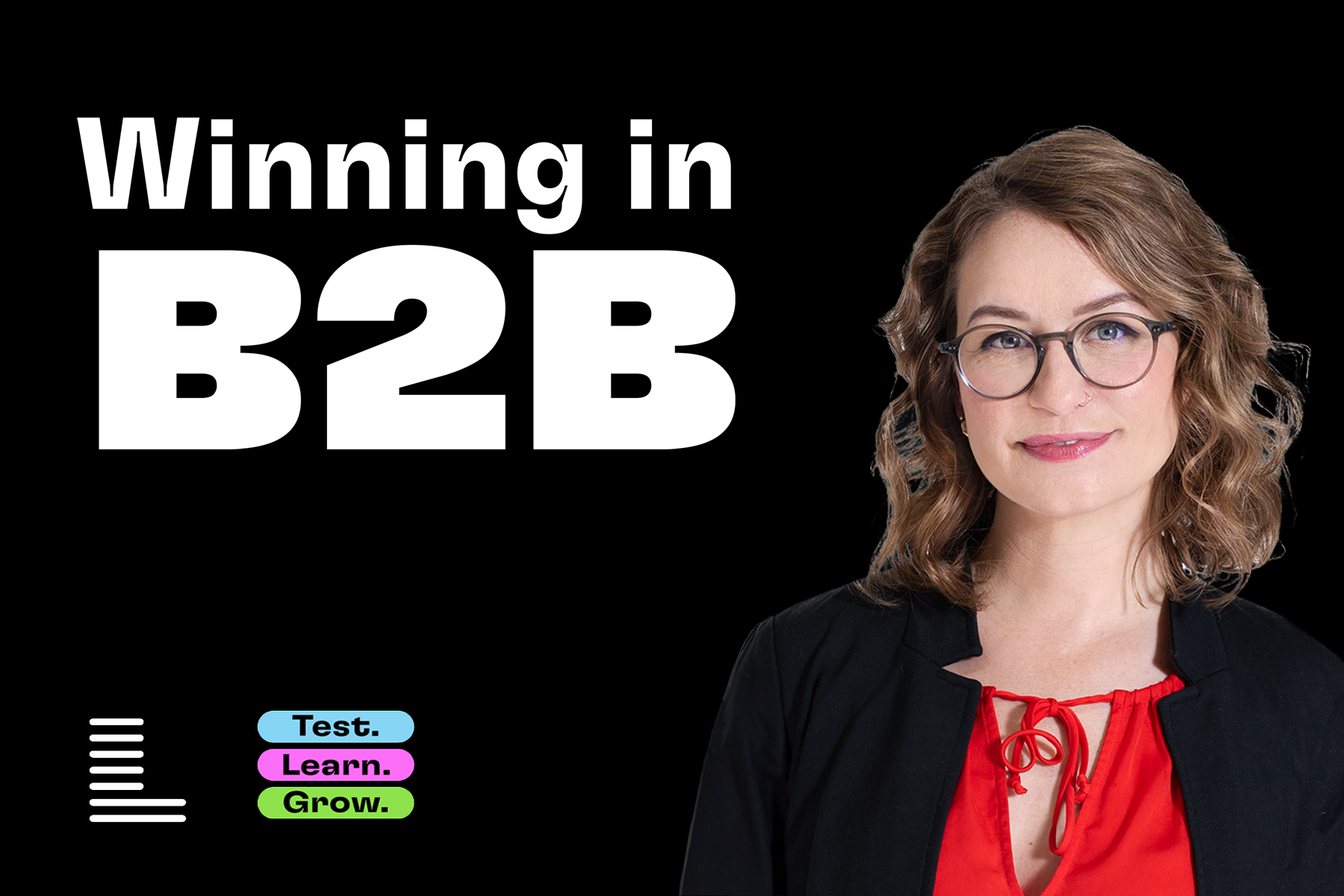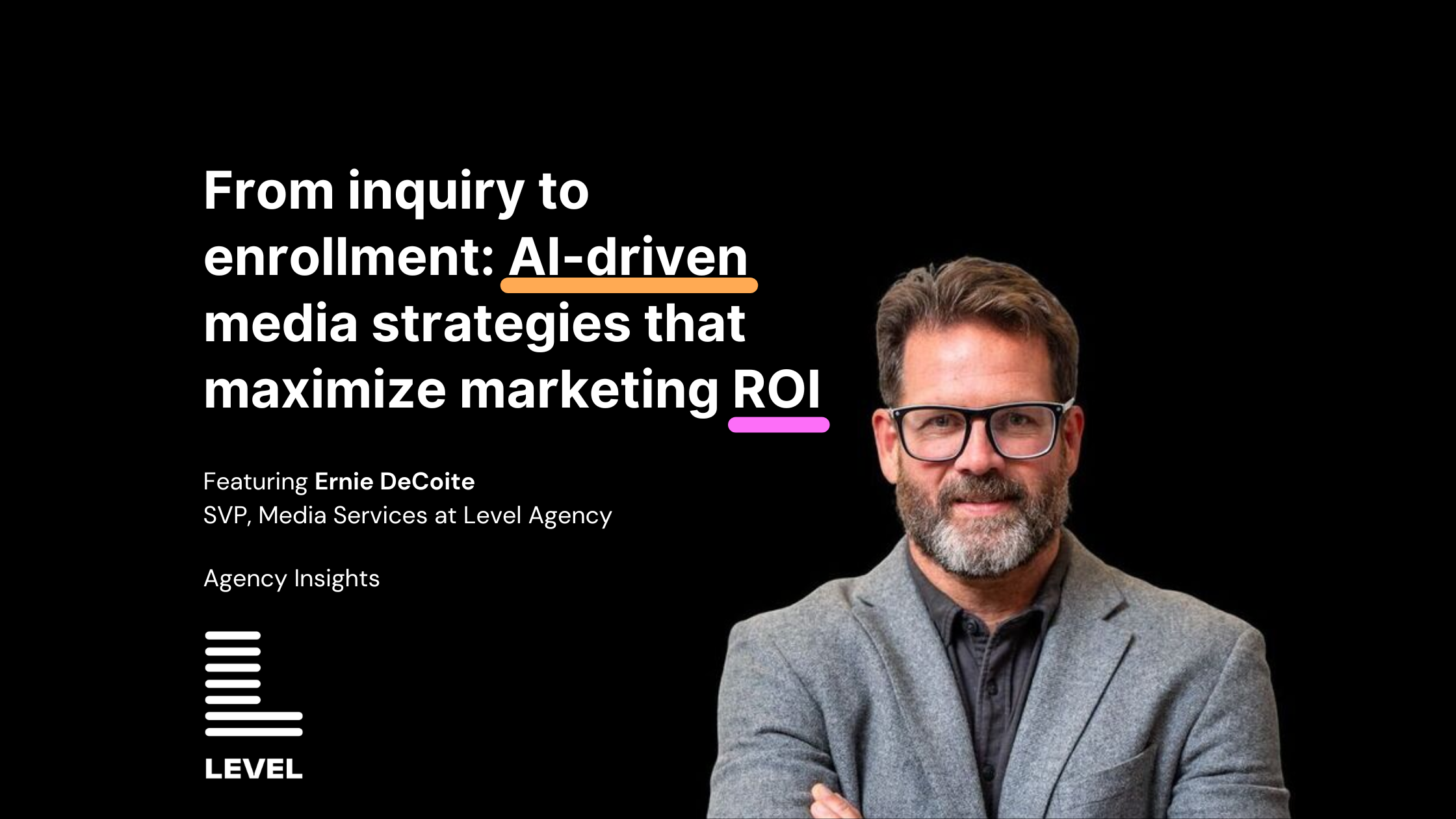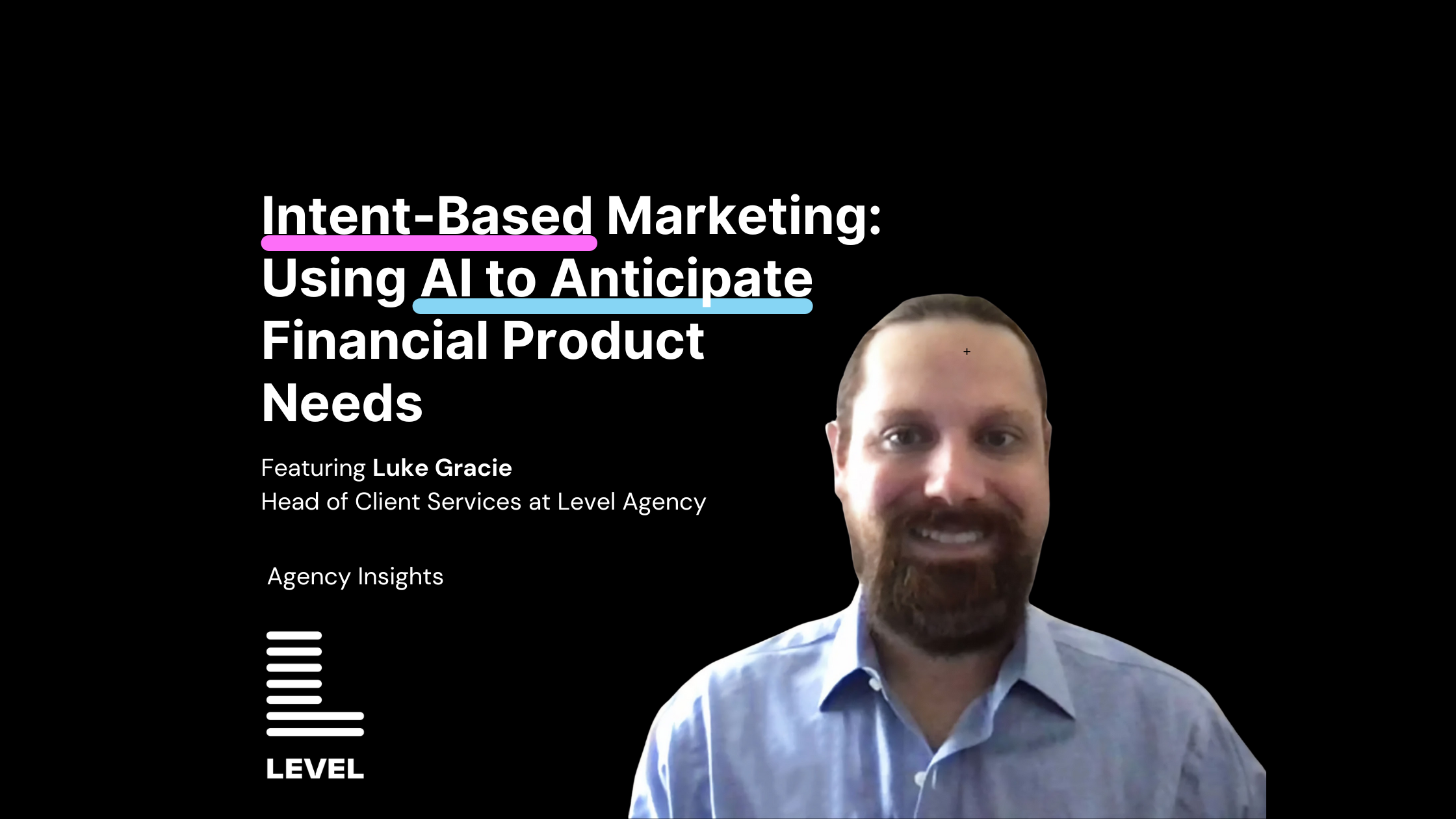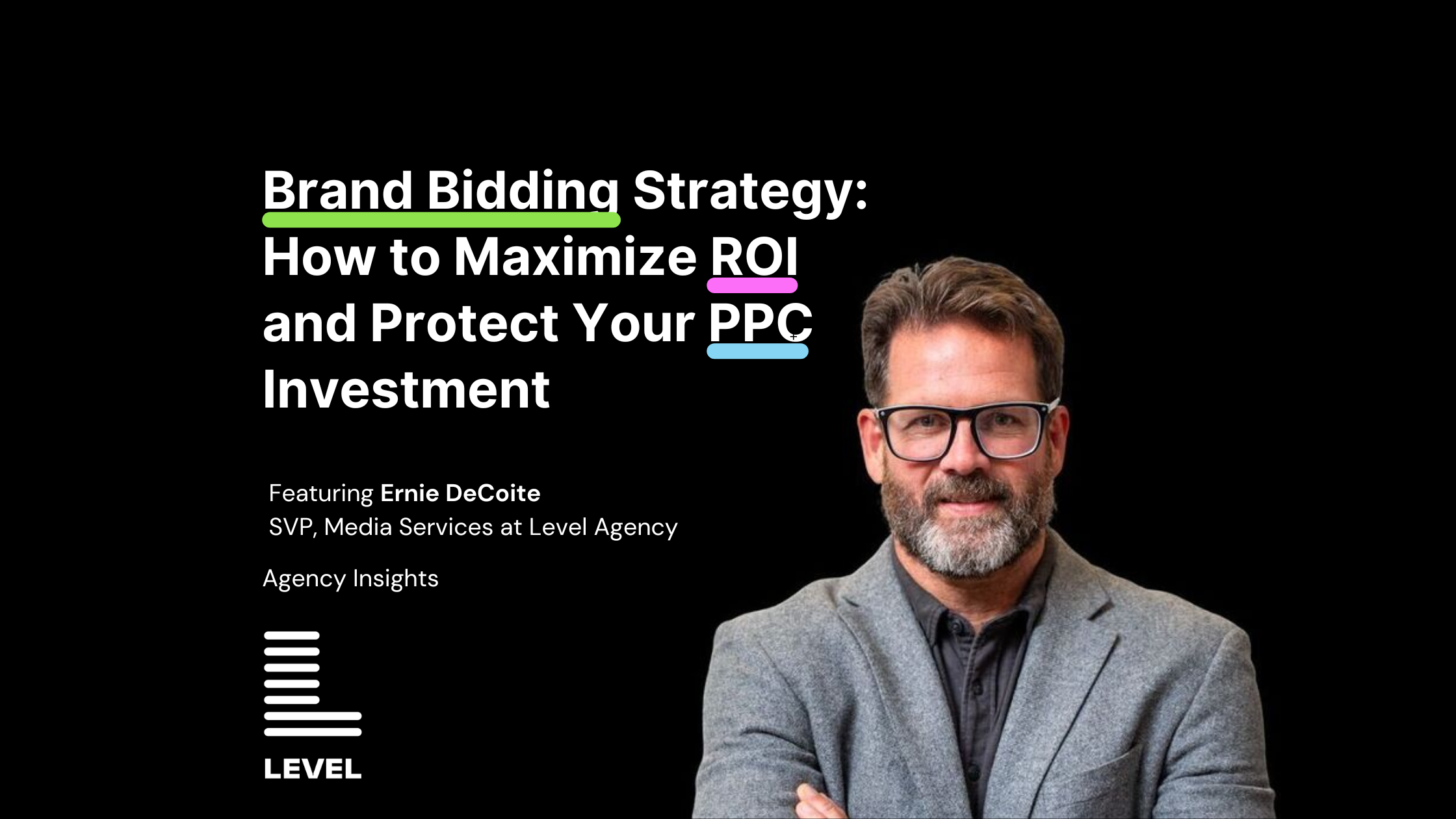In the ever-changing landscape of B2B marketing, staying ahead of the competition requires continuous adaptation and innovation. Let’s explore five critical focus areas that can help you develop a winning B2B marketing strategy. By understanding demand generation vs. capture, your ideal customer profiles, how to create personalized content consistently, the new B2B buyer journey, and how to align your marketing efforts to revenue, you’ll be well-equipped to drive success.
Demand Generation vs. Demand Capture:
The Cornerstones of B2B Marketing Strategy
Understanding the difference between demand generation and demand capture is crucial for any effective B2B marketing strategy. Demand generation involves creating awareness and interest in your products or services, while demand capture focuses on converting that interest into leads and customers. Both tactics are essential for driving revenue, but they require distinct approaches to maximize their impact.
Example: A successful demand generation campaign might include a series of informative blog posts and webinars that educate potential customers about your offerings and establish your brand as a thought leader. In contrast, demand capture might involve targeted email campaigns and retargeting ads that encourage prospects to take action, such as scheduling a demo or requesting a quote.
Ideal Customer Profiles: Knowing Your Audience for Targeted B2B Marketing
Creating and engaging with ideal customer profiles (ICPs) is a fundamental aspect of B2B marketing. By defining your ICPs, you can better understand your target audience’s needs, preferences, and pain points, enabling you to develop targeted marketing campaigns that resonate with them. Regularly updating and refining your ICPs will help you stay in tune with your audience and maintain a competitive edge.
Example: Your ICP might include information about company size, industry, and specific challenges they face. By understanding these details, you can create tailored marketing materials that speak directly to their unique needs, increasing the likelihood of conversion.
Personalized Content: The Key to Engaging B2B Buyers
In today’s digital age, consumers expect personalized experiences. Developing content tailored to your audience’s needs and preferences is essential for capturing their attention and fostering engagement. By investing in consistent, high-quality personalized content, you can strengthen your brand’s reputation and build long-lasting relationships with your target audience.
Example: A personalized content strategy could involve creating industry-specific whitepapers, case studies, or webinars that address the unique challenges faced by your target audience. This targeted content demonstrates your understanding of their needs and positions your brand as a trusted resource.
The Evolving B2B Buyer Journey: Navigating the Modern Path to Purchase
The B2B buyer journey has undergone significant changes in recent years. With the rise of digital channels and self-directed research, it’s more important than ever to understand and adapt to the new B2B buyer journey. In fact, B2B buyers are now 75% of the way through the customer journey before ever connecting with your sales team. This makes it super important for your marketing efforts to engage prospective buyers early and often in that journey.
Example: To adapt to the modern B2B buyer journey, marketers might focus on creating high-quality, educational content that buyers can access throughout their research process. This content can include blog posts, eBooks, and videos that help guide buyers toward a purchase decision before they even engage with your sales team.
Revenue-Focused Success Measurement: The Ultimate Goal of B2B Marketing
While traditional success metrics such as leads and clicks are still important, B2B marketers should ultimately focus on revenue-driven success measurement. By tying your marketing efforts directly to revenue generation, you can better evaluate the effectiveness of your B2B marketing strategy and make informed decisions to optimize your campaigns for maximum ROI.
Example: Instead of solely tracking metrics like website traffic or social media engagement, focus on tracking metrics that directly relate to revenue, such as lead-to-customer conversion rate and customer lifetime value. By analyzing these revenue-focused metrics, you can identify which marketing tactics are most effective in driving sales and make data-driven decisions to improve your overall strategy.
To excel in the new world of B2B marketing, it’s crucial to prioritize these five key focus areas. By doing so, you’ll be well-equipped to develop and execute a successful B2B marketing strategy that drives revenue and builds lasting relationships with your target audience. As the landscape continues to evolve, staying informed on these critical aspects of B2B marketing will ensure your organization remains competitive and poised for growth.








